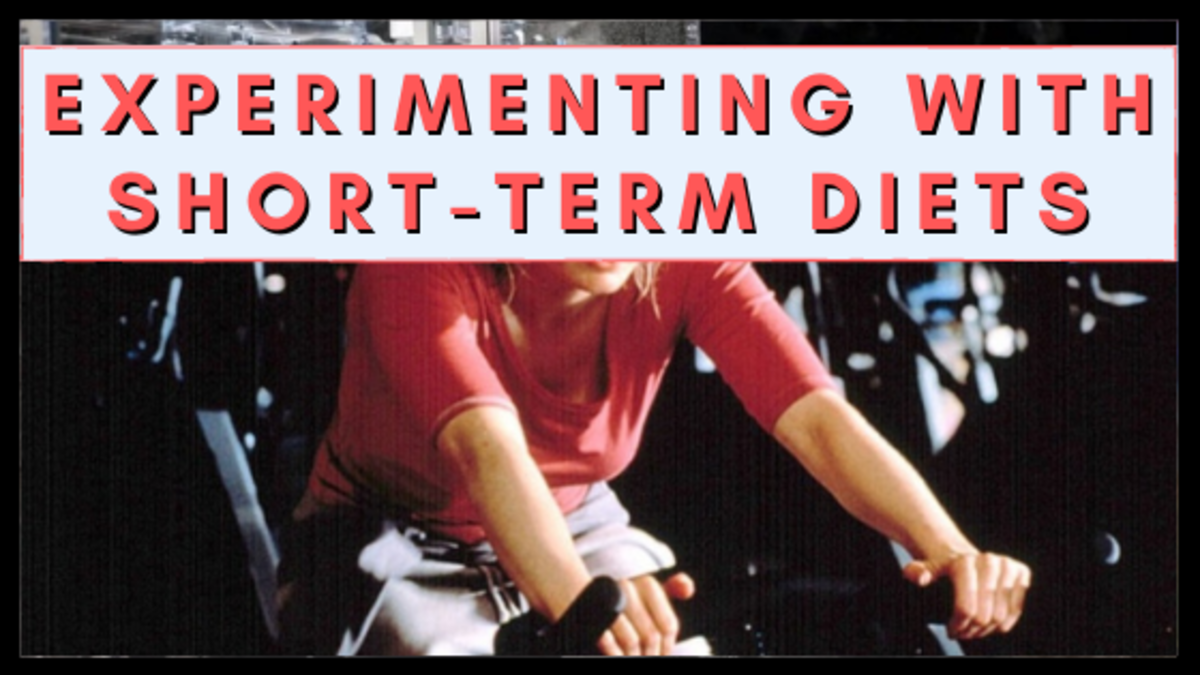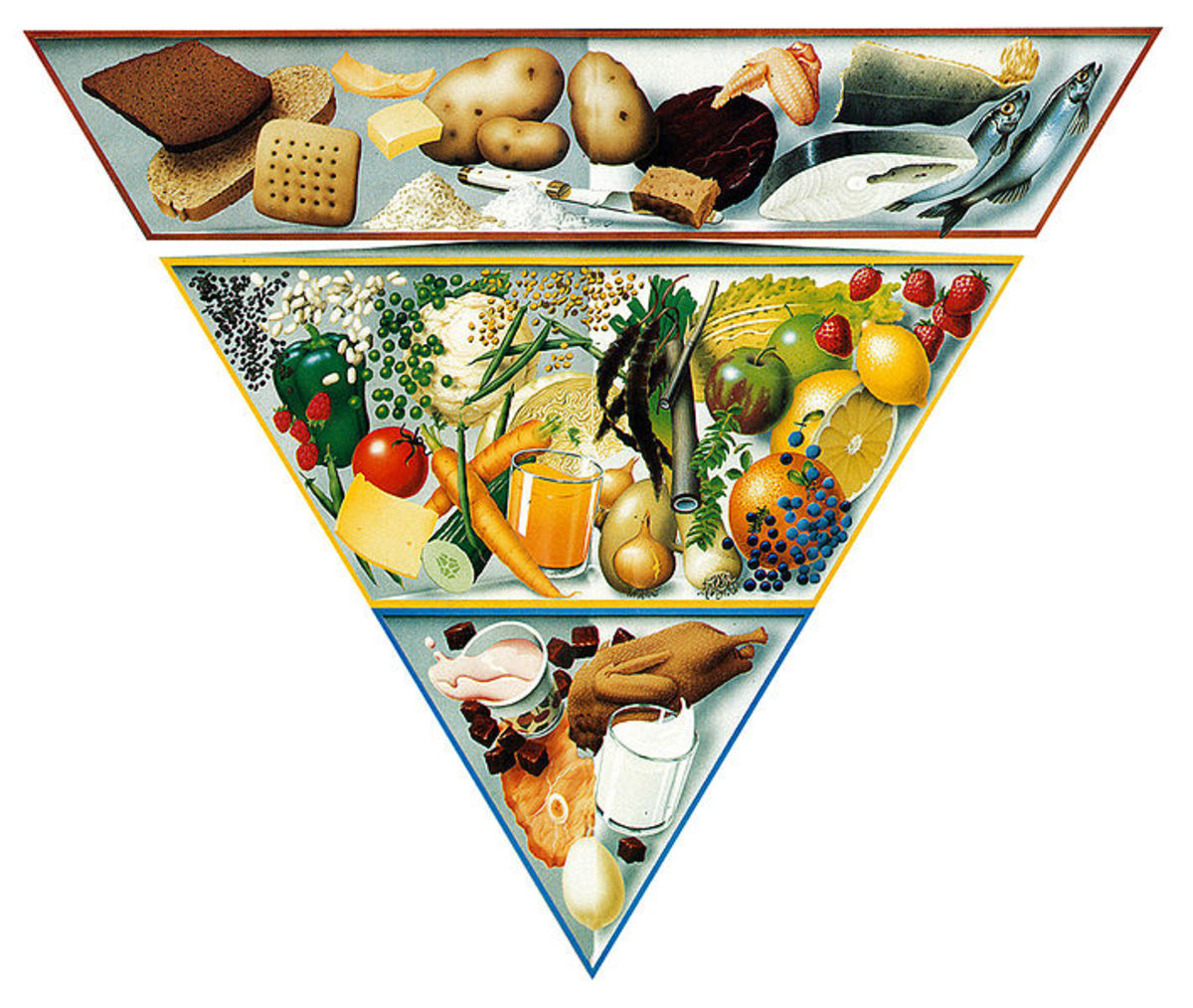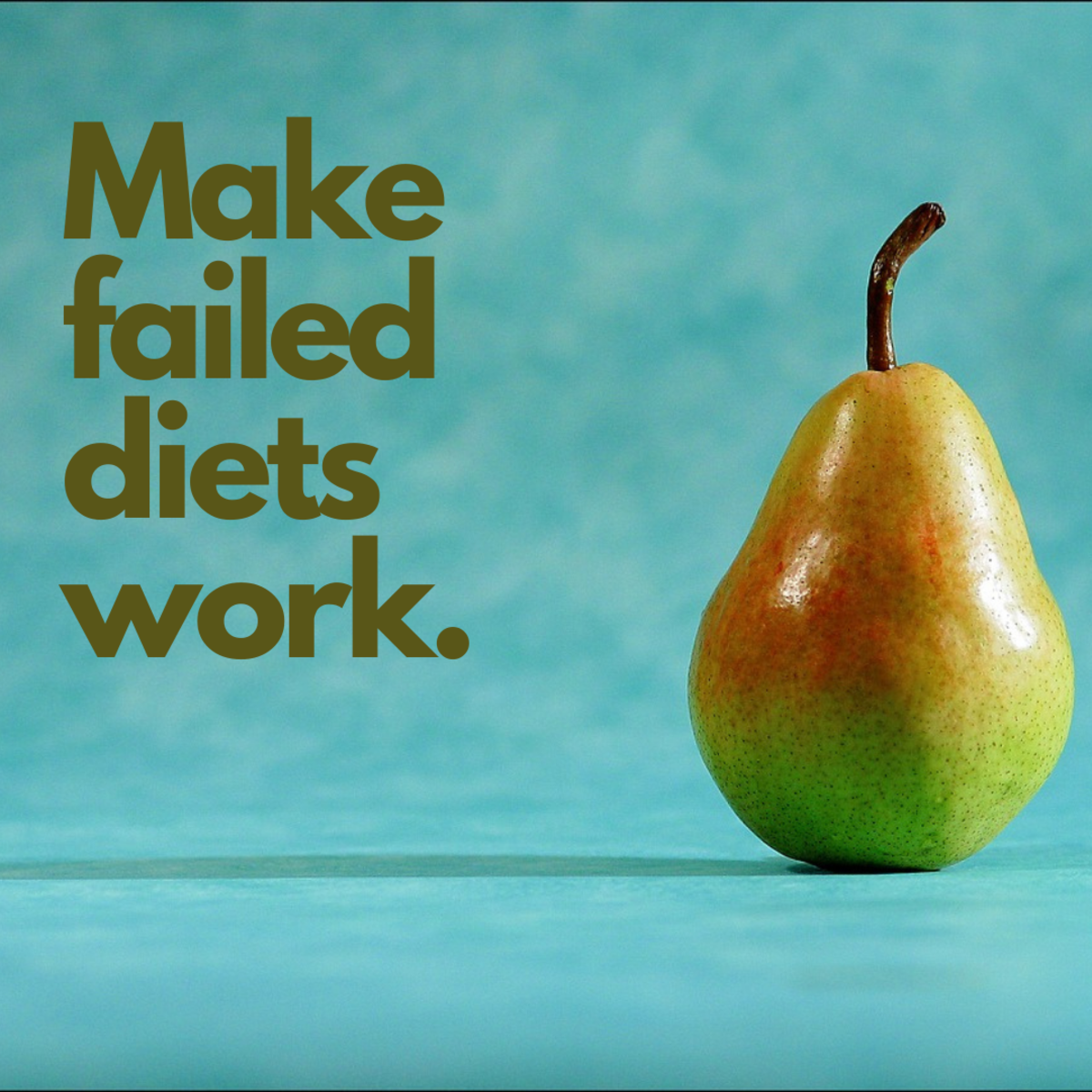What Diets Work?
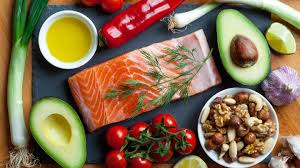

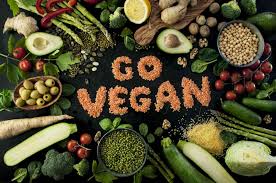
Introduction-
We've all heard about these trendy diets on social media or on health videos, be it for weight loss, or health in general. So we wanted to know: Which diets work?
Calorie Restriction-
Many so-called "experts," say you can eat as much and whatever you want, as long as you consume less than 2,000 calories, and it's more about burning off calories through exercise vs the number of calories taken in. While the calories in vs. calories out part is true, what most people don't know is that not all calories are created equal. Such as calories from protein that help metabolism and repair vs calories from carbs that just add extra energy. Getting all your calories from junk food is allowed, but it's also important to consider negative health effects. If you don't, you could risk chronic and/or deadly diseases like Cardiovascular disease, diabetes, obesity, cancer, stroke or dementia
Atkins-
This is a ketogenic diet (low carb high fat). These kinds of diets suggest extra carbs are converted into fat by the liver when not used up. You need to consume calories with fat at 75%, protein at 20% and carbs at 5%. Supporters of this diet say that by not consuming many carbs, it breaks down the remaining body fat, speeding up weight loss. Studies show that people who follow the low carb diet tend to have less blood sugar and lower triglycerides. However, that doesn't mean use bacon or sausage as a substitute for pancakes.
Paleolithic (paleo) diet
In 1985, Radiologist Stanley Boyd Eaton and Melvin Konnor, Professor of Anthropology and of Neuroscience and Behavioral Biology at Emory University developed this diet. This diet suggests that modern day humans are not eating correctly, and by eating what our ancestors ate, we will be better at self-treating our bodies. Grains, dairy, legumes, and added sugar and salt are not allowed. What you can eat are lean meat (chicken and seafood), fruits, vegetables, nuts and oils (coconut and olive). Since you can't consume grains, dairy, sugar or alcohol, you'll have less additives in your body, also helping you cut out saturated fat and carbs.
Alkaline Diet-
This diet says our body is too acidic, and by balancing alkaline, it will treat or prevent cancer and cardiovascular disease. This means no meat, dairy, eggs, grains, orange juice, tomato sauce, or alcohol, but plenty of fruits, vegetables, nuts, and legumes. The benefits? Being too acidic can lead to non-injury related pain, fatigue, and poor sleep quality, even if you have gotten enough. However, this diet can also lead to a reduction in protein, so make sure you consume the nuts and legumes often enough. And because of the reduction in fat and sugar, you'll lose weight faster, with a lower risk of diabetes and cancers of the colon, breast, and pancreas.
Vegan Diet-
This is a diet on the rise calling for an elimination of ALL animal products. No meat, no dairy, no eggs, no honey, no fur clothing. Studies have shown that vegans tend to have lower body mass index than other diet groups, and obesity can cause cardiovascular disease, diabetes, colon and breast cancer, so this is a step in the right track for those of you vegans. Vegans also consume less sodium and sugar. Since their diet is plant-based, vegans have more Fiber, Vitamins A, B2, B3, B7, C, E, K, and Folic acid, and more of the minerals potassium, selenium, chromium, magnesium, copper and manganese. But iron, zinc, calcium, and B6 are another story. Iron is usually found in red meat and fish, but you can also find iron in spinach and nuts. Vitamin C can also help absorb iron, so there is a positive. However, some people need to supplement. Maybe you had a baby recently and need to breastfeed, or your losing blood with your period. Calcium is beneficial for bone health and most get it from milk. Luckily, you can get calcium from leafy green vegetables like kale and broccoli. B6 is usually found in pork and poultry, but it can also be found in chili peppers and paprika. It's important for regulating your hormone serotonin. You may have heard about deficiencies with Vitamins D and B12. It's true. Vitamin D helps to absorb calcium, prevent multiple sclerosis, and help the immune system. If you don't get enough time in the sun, you're gonna want to supplement with Vitamin D. If you do spend time in the sun, consider how much time is needed. If your a person of color, they need more time in the sun for the same ammount of Vitamin D that a white person will get. This is because melanin makes absorbtion from UV radiation of the suns rays slower.

